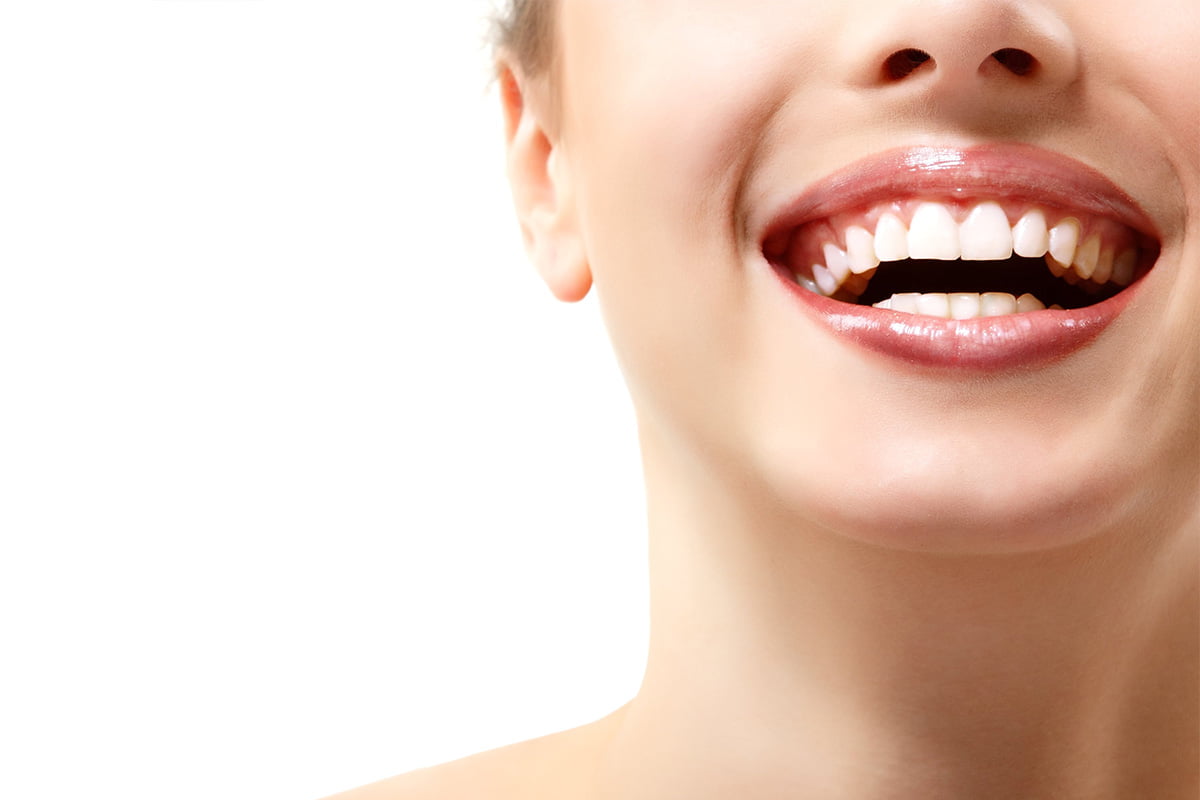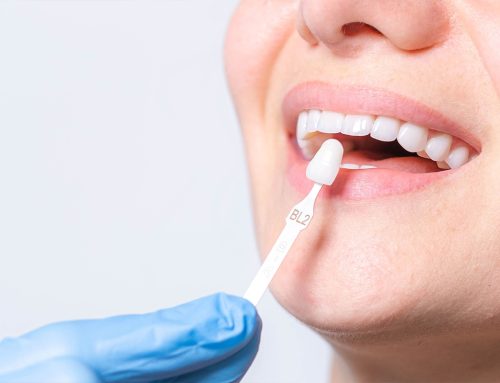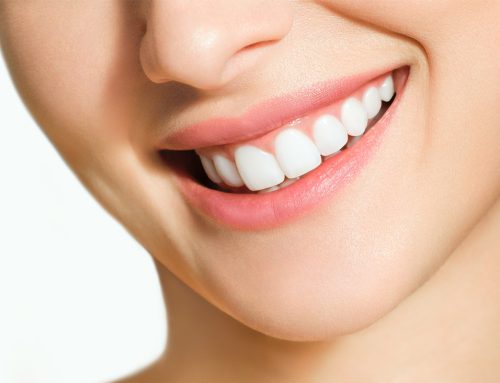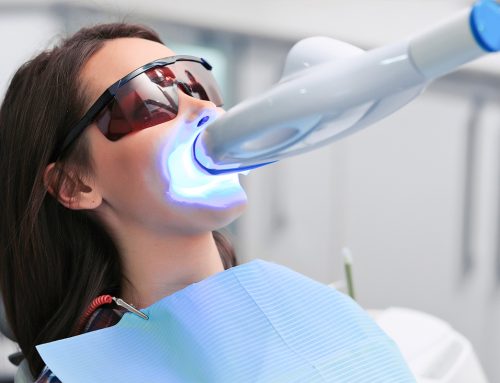
What is Zirconium Crowning?
- What is Zirconium Crowning?
- Zirconium crowning refers to the use of dental crowns made from zirconia, a crystalline material that offers a blend of strength and aesthetic appeal. Zirconium crowns provide a more natural look than metal crowns since they are translucent and can be matched closely to the natural color of a patient’s teeth.
- What Techniques Are Used in Zirconium Crowning?
- The primary technique involves using CAD/CAM (Computer-Aided Design and Computer-Aided Manufacturing) technology. A digital impression of the prepared tooth is taken, which is then sent to a milling machine that crafts the crown from a block of zirconia. This provides precision and ensures a proper fit.
- Who is Recommended for Zirconium Crowning?
- Zirconium crowning is recommended for patients who:
- Need to restore a damaged or decayed tooth.
- Require a root canal and need a crown to protect the tooth.
- Seek an aesthetic solution to discolored or misshapen teeth.
- Prefer metal-free restorative options due to allergies or cosmetic preferences.
- Zirconium crowning is recommended for patients who:
- When is Zirconium Crowning Not Recommended?
- While zirconium crowns are suitable for most patients, they may not be recommended for:
- Those with a strong bite or issues like bruxism (teeth grinding). In such cases, the durability of the crown could be compromised.
- Patients with insufficient tooth structure to support a crown.
- While zirconium crowns are suitable for most patients, they may not be recommended for:
- The Procedure Process
- Consultation and Tooth Preparation: The dentist evaluates the tooth, takes X-rays, and decides on the treatment plan. The tooth is then prepared by removing decay and shaping it for the crown.
- Impression: A digital or physical impression of the prepared tooth is taken, which will be used to craft the zirconium crown.
- Placement: Once the crown is ready, the dentist checks its fit and color. Any necessary adjustments are made, and then the crown is cemented onto the prepared tooth.
- Things to Know
- Durability: Zirconium crowns are durable, but like all dental restorations, they may need replacement eventually.
- Aesthetic Appeal: They offer a natural look, making them popular for front teeth restorations.
- Biocompatibility: Zirconium crowns are biocompatible, meaning they are less likely to cause allergic reactions compared to metal-based crowns.
- Post-Operative Process
- Sensitivity: Some patients might experience sensitivity to hot or cold. This usually diminishes over time.
- Oral Care: Proper oral hygiene practices like brushing, flossing, and regular dental check-ups will ensure the longevity of the crown.
- Avoiding Hard Foods: It’s recommended to avoid very hard foods to prevent any potential damage to the crown.
Always consult with a dental professional before opting for any dental procedure to ensure it’s the right choice for your specific needs.
FAQs
- What is zirconium, and why is it used for dental crowns?
- Zirconium, or zirconia, is a durable, crystalline material that offers both strength and aesthetic appeal. Its translucent nature allows it to mimic the appearance of natural teeth, making it a popular choice for dental crowns.
- How long do zirconium crowns last?
- With proper care, zirconium crowns can last for many years, often ranging from 10 to 15 years or more. However, their longevity also depends on factors like oral hygiene and individual habits.
- Are zirconium crowns better than porcelain or metal crowns?
- “Better” can be subjective, but zirconium crowns offer a balance between durability (often seen in metal crowns) and aesthetics (common with porcelain crowns). They are also biocompatible, reducing the risk of allergic reactions.
- Is the zirconium crown procedure painful?
- The procedure itself is typically not painful as anesthesia is used. Some post-operative sensitivity or discomfort might be experienced, but it’s generally mild and temporary.
- Can zirconium crowns be used for any tooth?
- Yes, zirconium crowns can be used for both front and back teeth due to their combination of strength and aesthetic appeal.
- How do I care for my zirconium crown?
- Care for a zirconium crown as you would your natural teeth: regular brushing, flossing, and dental check-ups are essential. Avoiding very hard foods can also help prolong the crown’s lifespan.
- Will the crown look natural next to my other teeth?
- Yes, one of the main advantages of zirconium crowns is their natural appearance. The crown can be matched closely to the color of your adjacent teeth.
- Are there any risks or side effects associated with zirconium crowns?
- Zirconium crowns are generally safe and biocompatible. However, as with any dental procedure, there’s a minimal risk of infection, sensitivity, or the crown becoming loose. Regular check-ups can help in early detection and rectification of any issues.
- How much does a zirconium crown cost?
- The cost varies depending on the dentist, location, and specific patient needs. Zirconium crowns might be more expensive than other types due to their benefits, but many find the investment worthwhile.
- Do zirconium crowns stain?
- Zirconium itself is resistant to staining. However, the adhesive or cement used to bond the crown can get stained, especially if one frequently consumes coffee, wine, or other staining agents. Proper oral hygiene can help prevent such staining.
Always consult with a dental professional for any specific queries or concerns regarding zirconium crowning.



